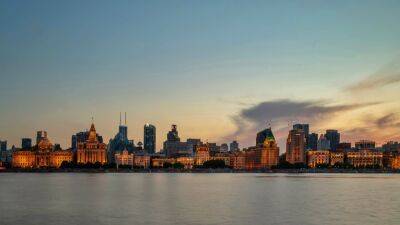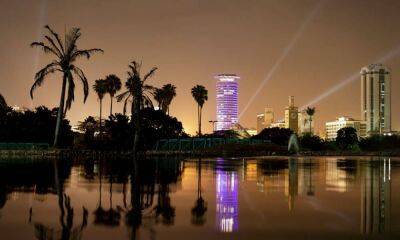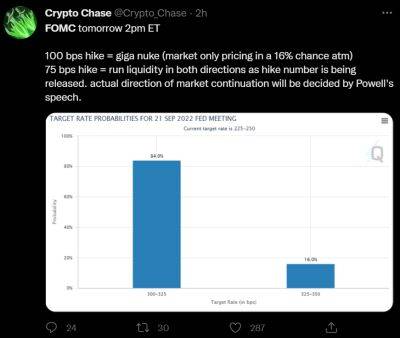‘It’s going to hit everyone’: Lancashire town where inflation is at 11.5%
Jane* is a mother-of-three who works up to 30 hours a week as a housekeeper. Her oven is turned off at the wall, and for the past few months she has been using a slow cooker to make dinner because she can no longer afford the gas bill. Every night she turns off the wifi and makes sure nothing is left on standby.
She lives in Burnley, Lancashire, which is the place with the highest inflation rate in the country at 11.5%, according to the Centre for Cities thinktank. Its latest report found that people in the Lancashire town have been harder hit by the energy crisis because of high poverty levels, poor home energy efficiency and greater reliance on private car use. Energy costs account for about 6% of average wages in Burnley, compared with 3% in London.
With energy and fuel prices predicted to rise even further when the new price cap is announced on Friday, people like Jane are increasingly anxious. How will they survive if forecasts are correct and the cap rises to £3,500 from October, when they are just scraping by now?
“It’s just constant at the moment. I work really hard. I should be able to afford clothes and treats, like chocolate and crisps,” says Jane. “My mum has given me some curtains for winter and I can’t even afford the curtain rails.”
Families are leaning on local services, charities and the generosity of others to help them afford even the basics. However, the leader of Burnley council, Afrasiab Anwar, says there is only so much goodwill they can rely on as more people are struggling to get by and local services are stretched.
In 2020, the council set up a charity in partnership with other local organisations to support the community during the pandemic. People could call Burnley Together for support to set up a
Read more on theguardian.com




















